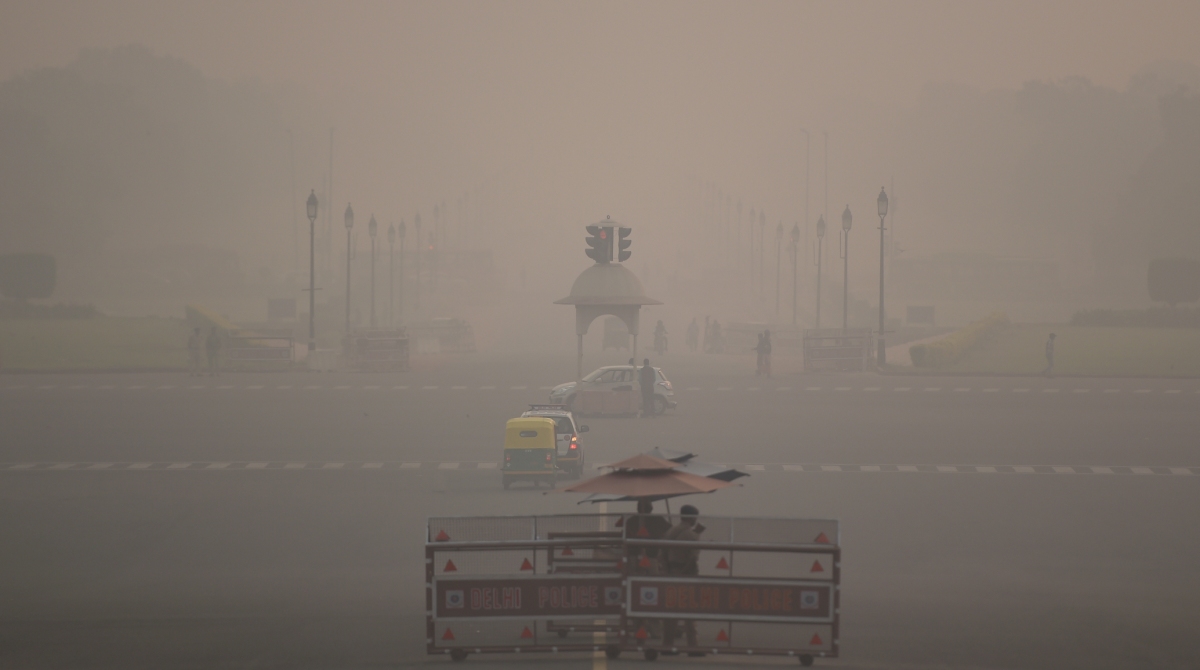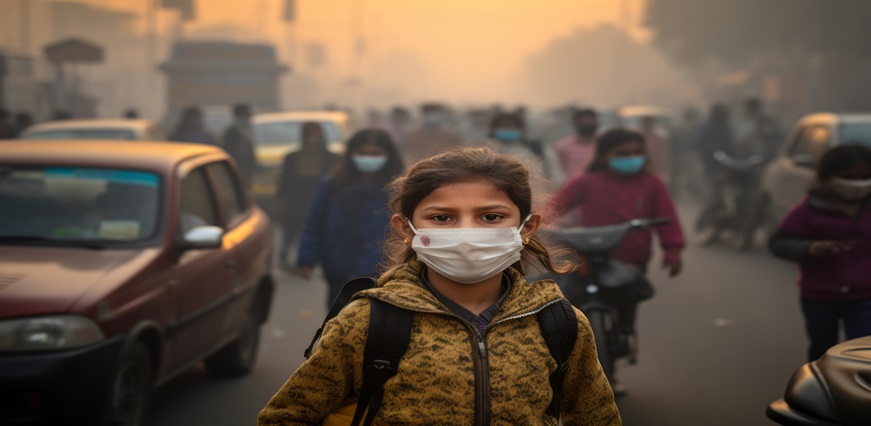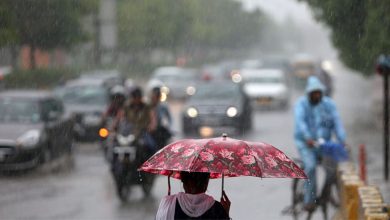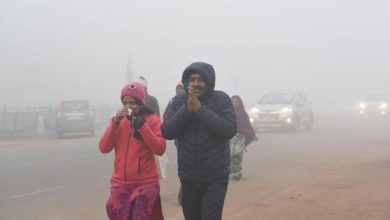AQI Delhi Today: Delhi AQI Deteriorates as Air Quality Declines Further

AQI Delhi Today: Alarming Rise in Pollution Levels Air quality in Delhi worsened Wednesday, with the Air Quality Index (AQI) touching 354 at 8 am, as per official reports. This ‘inferior’ level is marginally higher than Tuesday’s 24-hour average at 327, indicating a steady decline in the air quality across the capital. Places like Anand Vihar, Dwarka, Jahangirpuri, and IGI Airport recorded an AQI range between 350-400, thus falling on the extreme side of ‘very poor’.
AQI Delhi NCR: What Causes the Deterioration?
It is this fall in air quality that the NCR is witnessing because of several seasonal and anthropogenic reasons. While experts attribute the highly hazardous pollution levels to the accumulation of particulate matter, the primary contributory factor is the lower mixing layer height as the temperature dipped and trapped pollutants near the ground. Partly, it was stubble burning in neighbouring Punjab and Haryana that compounded the issue, pushing pollution levels up significantly in October and November.
Delhi Air Pollution Causes and Solutions
Delhi recorded its highest AQI levels from transportation emissions, dust, and agricultural fires. According to the Centre’s Decision Support System for Air Quality Management, pollution contributes 10.9%. Conversely, Punjab and Haryana produce massive stubble burning with slow wind speeds and higher moisture levels, creating a ‘cocktail of pollutants’ that envelops the city in smog.
Delhi responded with the second phase of the Graded Response Action Plan, imposing coal and firewood and diesel generator use bans in non-essential zones. The city deployed a water sprinkling strategy and other measures to control dust as pollution rose.

Why AQI in Delhi Remains High: Winter Season and Crop Stubble Burning
Reason for high AQI in Delhi is, during the winter months when there is an interplay of a reduced speed of winds, enhanced crop stubble burning, and lower temperatures that combine to act as an impediment for the dispersion of pollutants. Experts from the Council on Energy, Environment, and Water suggest that particulate matters start rising in the first half of October and peak in November with the burning of stubble. There’s a temporary drop-off before shooting up by December.
Besides intensifying smog formation leading to serious health hazards for residents, there was an increased use of biomass fuel for heating-wood and coal.
AQI Delhi News: Impact on Health and Lifespan
Delhi is battling an environmental crisis, which simultaneously is also a public health emergency. “Such high levels of PM 2.5 can lead to a loss of almost 12 years in the average life span of the residents of Delhi, long-term exposure to high levels of PM 2.5,” explained Gufran Beig, Chair Professor of NIAS (IISc) and Founder Project Director of Safar. Experts advised the residents to remain indoors as much as possible, mostly in the morning and evening when pollution is at its worst.
Delhi’s Future: What’s Next for Air Quality?
The air quality will likely stay in the ‘very poor’ category till Friday, according to forecasts, but none of that matters much for residents and authorities alike, who are still grappling with how to alleviate the crisis. Winter being near, pollution levels might shoot up, or at least this is what is feared, unless stricter measures are enforced against emissions from vehicles, construction, and agriculture.
The war against Delhi’s air pollution will have to go on: long-term solutions will have to come-for cleaner transportation, better agriculture practices, and awareness campaigns that stay continuous. Till then, the capital will have to live in its ‘cocktail of pollutants,’ with no immediate relief in sight.
FAQ:
What is AQI in Delhi today now?
567 is the AQI in Delhi today.
Is AQI 22 good?
Yes AQI 22 is good.
When was the worst AQI in Delhi?
The worst AQI in Delhi was in November 2017.
What is Delhi’s average AQI?
Delhi’s average AQI can be considered as 287.
What is the current pollution situation in Delhi?
The PM2.5 concentrations in Delhi at present is found to be 7.2 times the value prescribed by the WHO 24-hr air quality guidelines as permissible.




